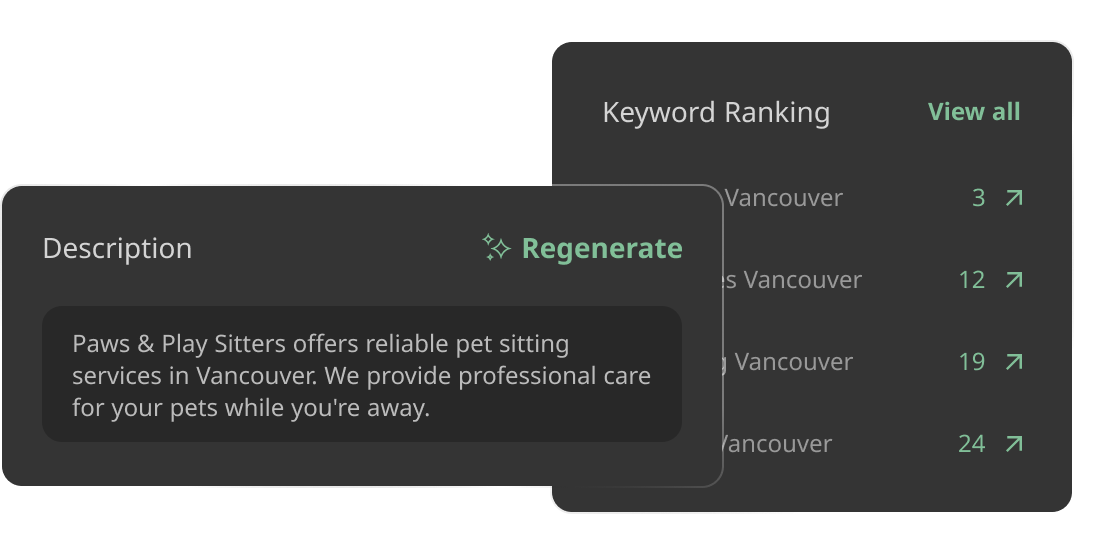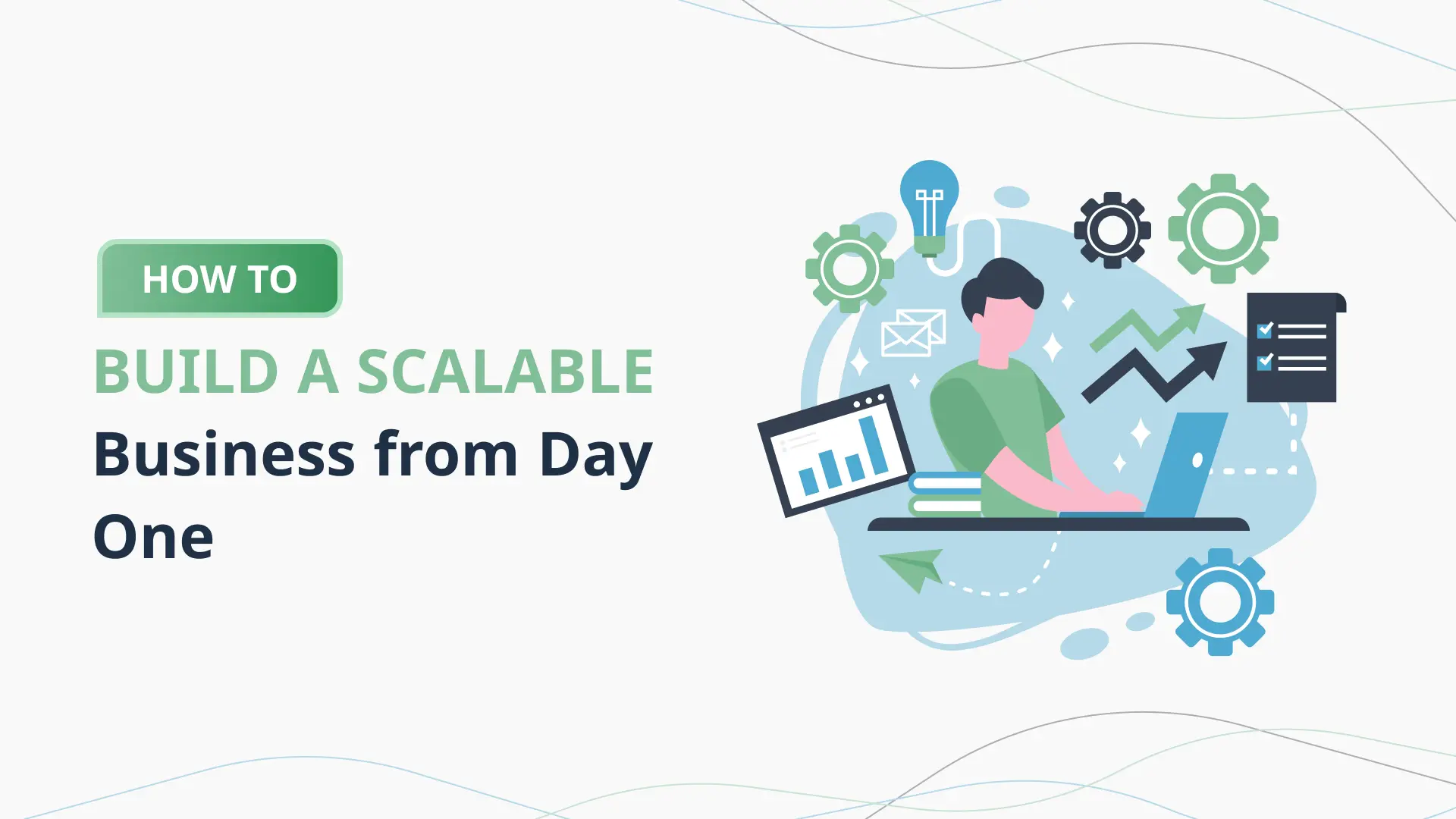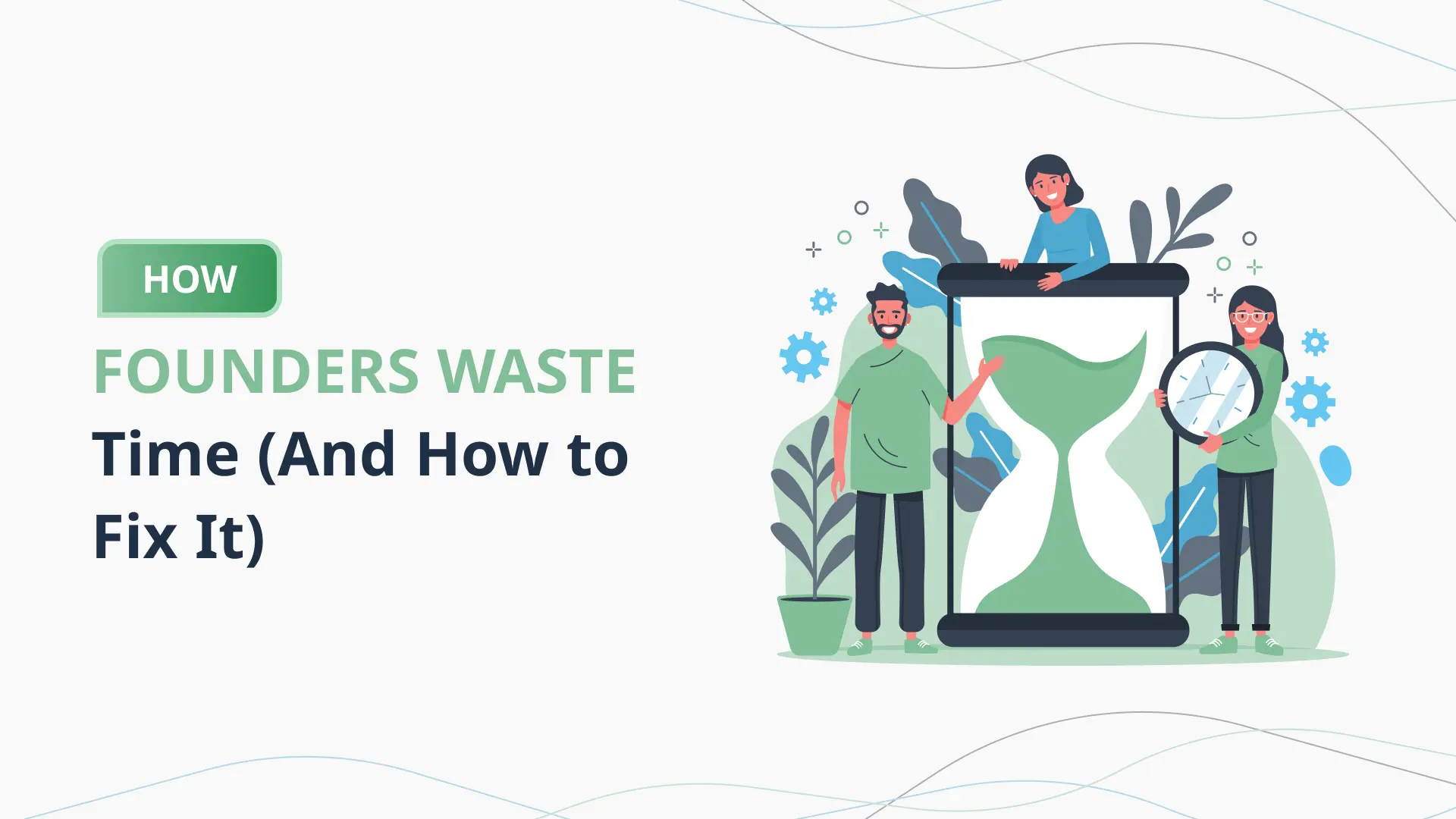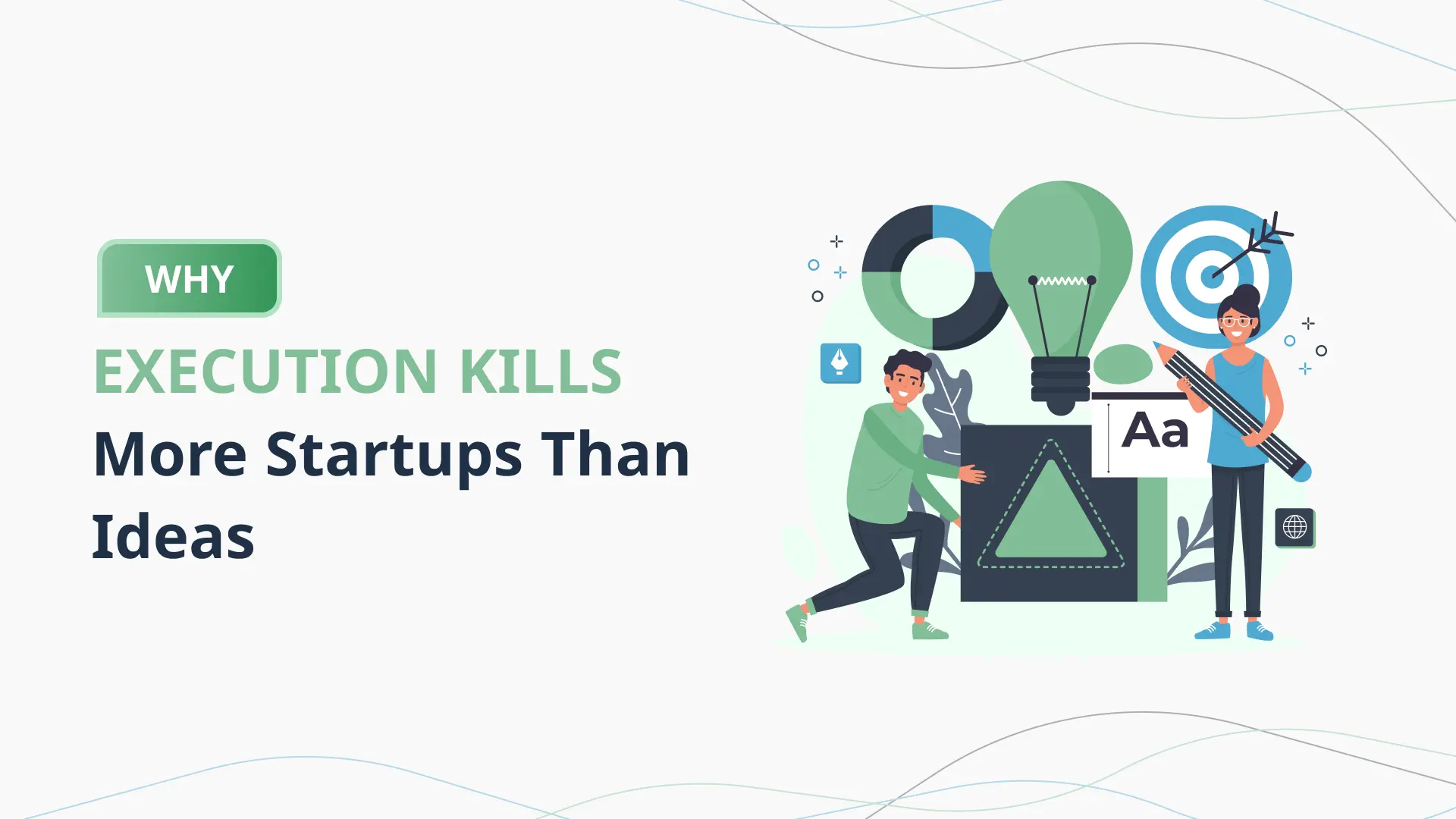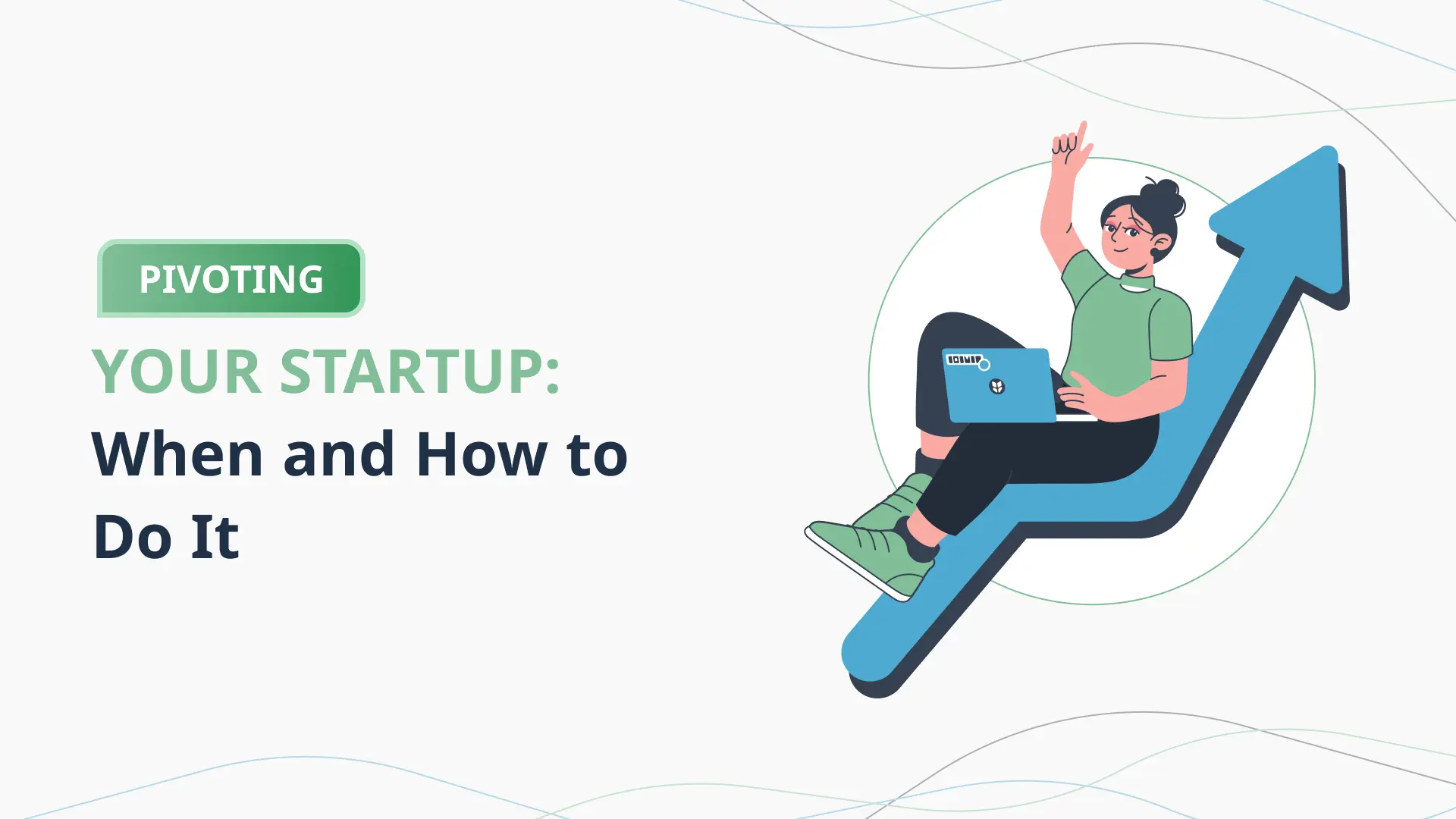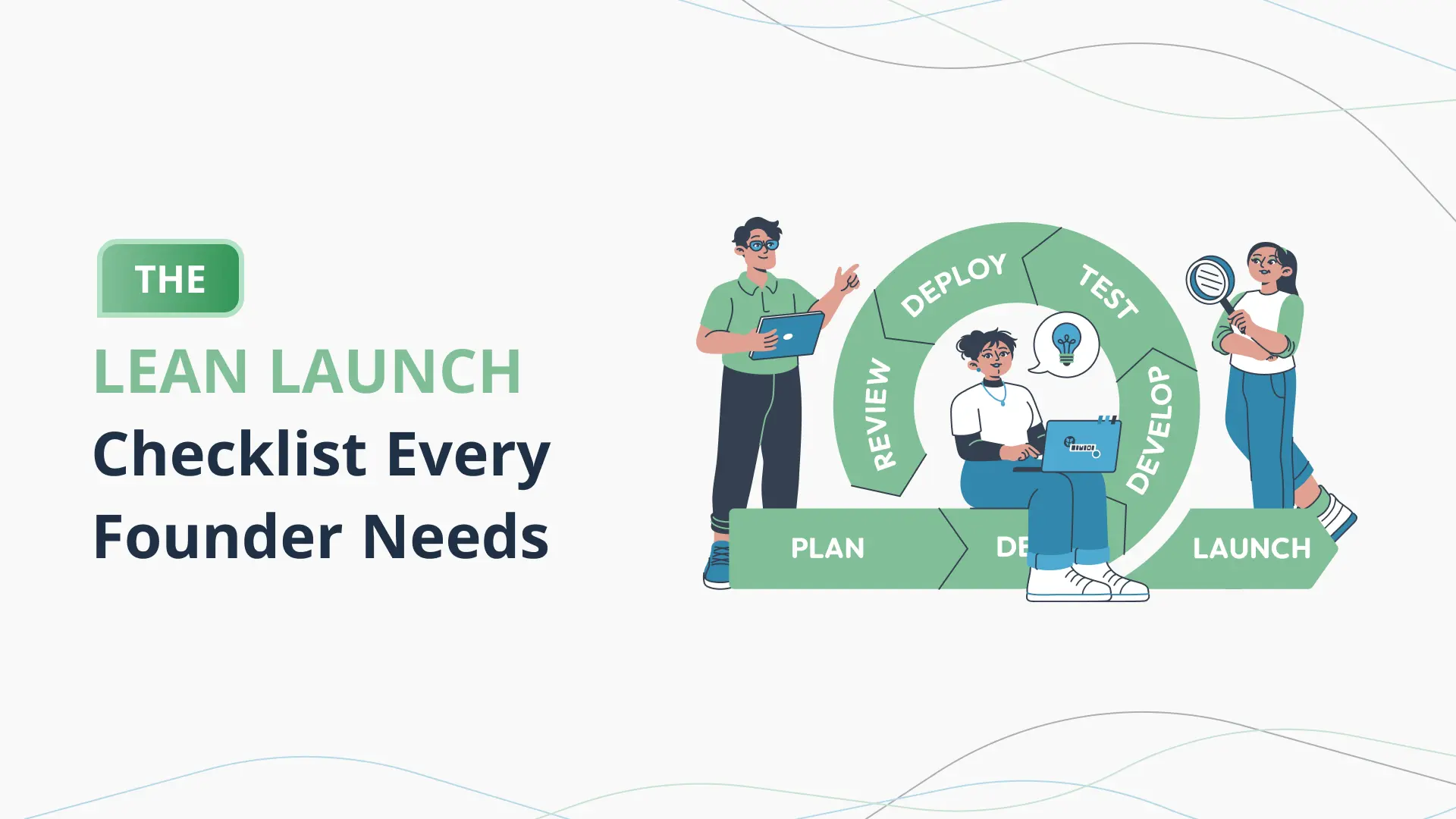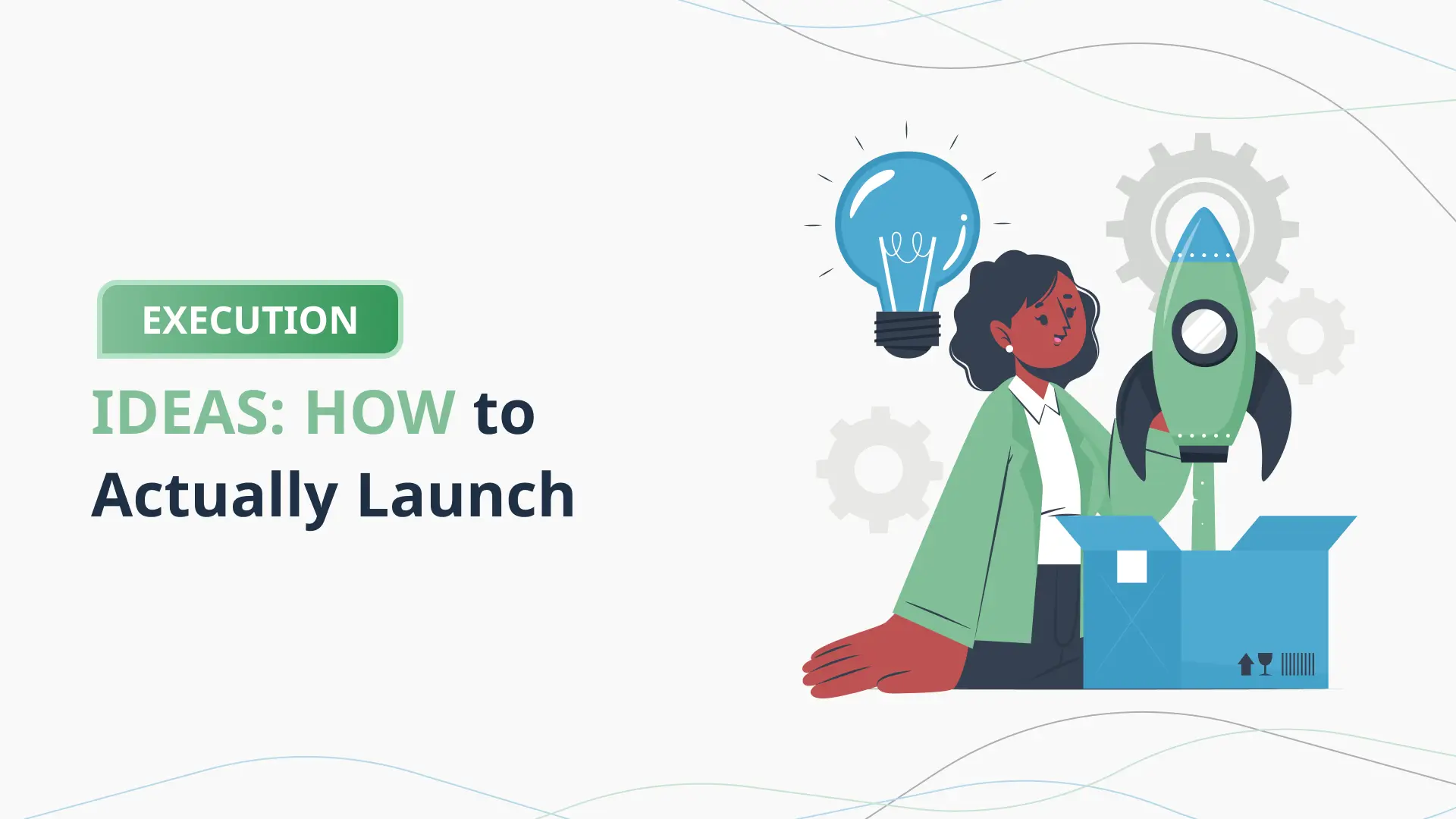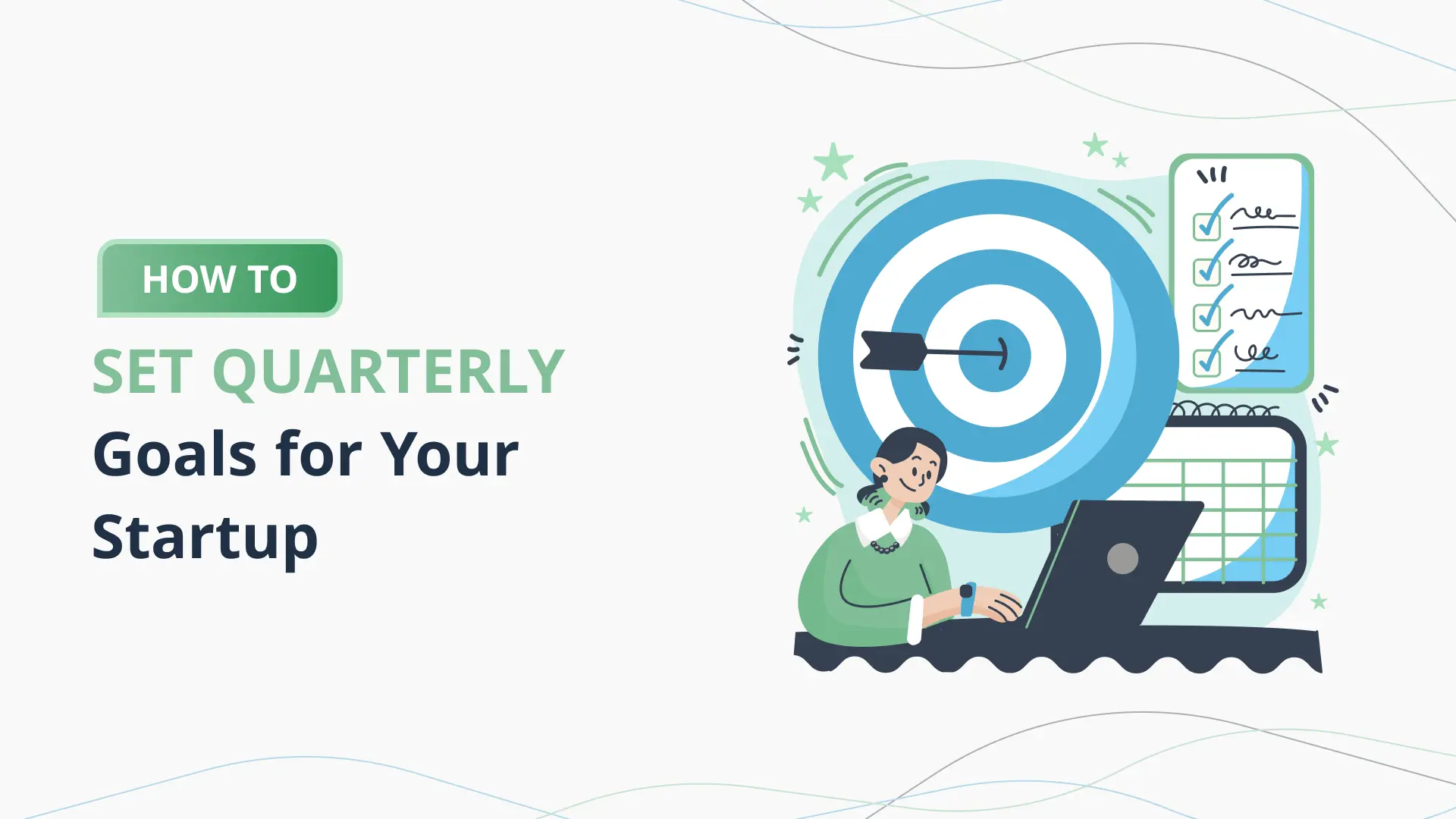The Best AI Tools for Startup Founders in 2025
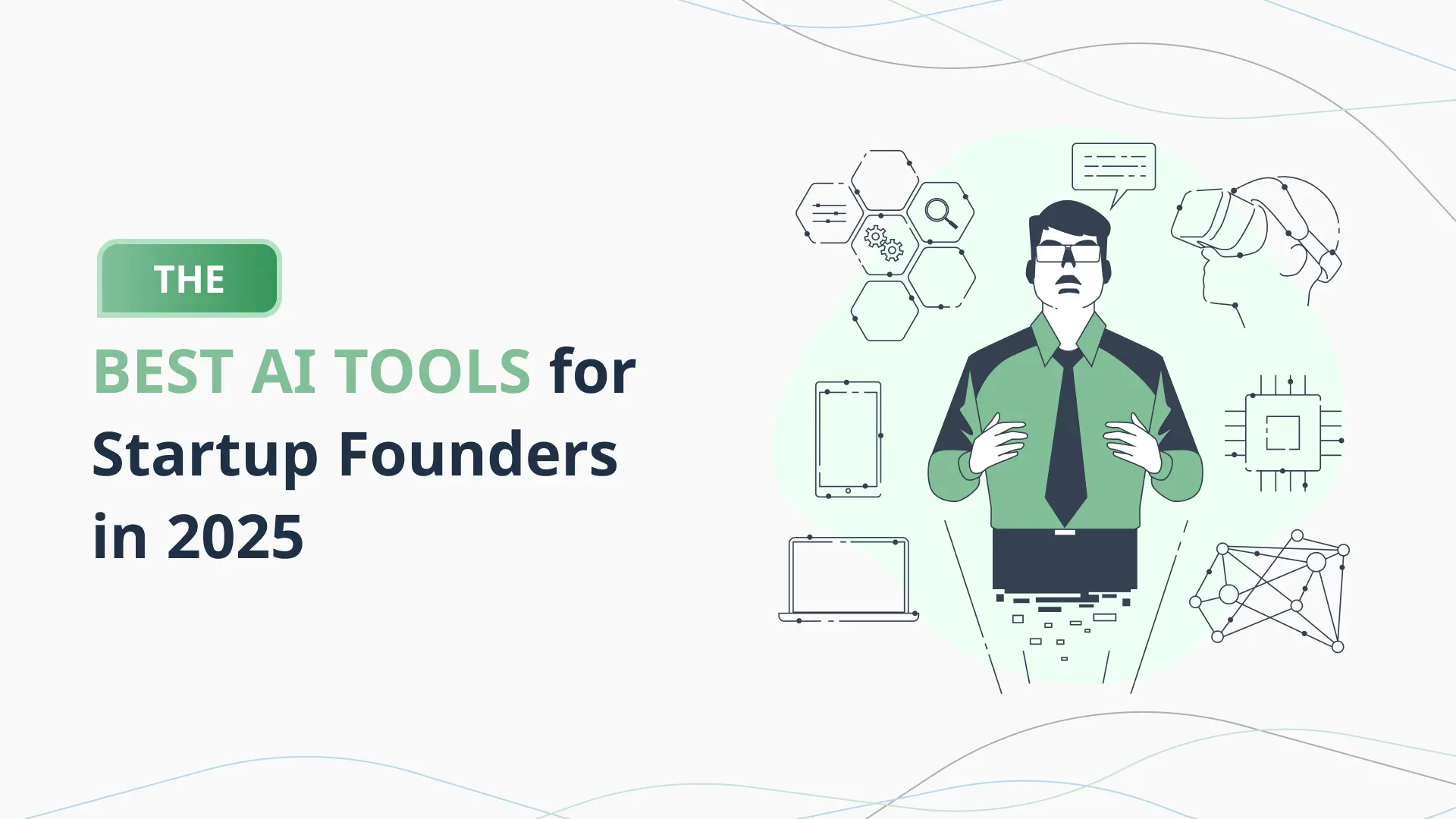
Introduction
Startup founders in 2025 are building businesses in a rapidly evolving digital environment. Artificial Intelligence (AI) has shifted from being a futuristic concept to an everyday essential, fundamentally transforming how startups are conceived, operated, and scaled. Founders are no longer asking whether they should use AI—they’re asking how to integrate it intelligently and effectively into every layer of their startup.
Whether you’re just sketching out your business idea or pushing through the growth stages, AI offers critical advantages that can amplify your efforts. With the right tools, founders can conduct market research in minutes, automate time-consuming tasks, streamline product development, optimize marketing campaigns, and even manage legal and financial workflows—functions that used to demand whole departments. The accessibility of AI tools means that even solo founders can now execute with the power and precision of much larger teams.
However, the explosion of AI technologies brings its own challenges. With hundreds of tools vying for attention—each claiming to be indispensable—how can founders decide which ones are truly worth their time and investment? Which tools deliver real value across key areas like business planning, operations, product development, and customer engagement?
This blog post explores the most powerful and practical AI tools that startup founders should be using in 2025. We’ll break them down by function, provide real-world use cases, highlight unique features, and demonstrate how they can be leveraged to build leaner, smarter, and more scalable startups. Whether you’re looking for a business plan generator, a startup planning tool, or an AI-powered productivity suite, we’ll help you navigate this landscape—and show you why tools like the PlanVista app deserve a top spot in your tech stack.
Ideation and Business Planning
Every successful startup begins with a clear, compelling, and actionable business plan. In 2025, AI has transformed the traditional business planning process from a time-consuming, spreadsheet-heavy chore into a streamlined, data-informed experience. Founders today can turn vague concepts into validated business models faster than ever, thanks to powerful AI-driven business plan generators and startup planning tools.
One of the standout platforms in this space is the PlanVista app, an AI business plan tool designed specifically for early-stage entrepreneurs. With PlanVista, founders can input basic details—like industry type, target market, and product vision—and receive a tailored business plan complete with financial projections, market analysis, competitor benchmarks, and go-to-market strategies. This tool doesn’t just create documents—it helps shape ideas into investment-ready frameworks. PlanVista uses real-time data to enhance accuracy and relevance, making it far superior to outdated templates or manual processes.
Another innovative option is VenturusAI, which leverages AI to analyze startup ideas against global market data. It runs comprehensive models such as SWOT analysis, PESTEL analysis, and Porter’s Five Forces to test the strength of your business idea from multiple angles. It’s like having a team of consultants validating your concept—except it’s available 24/7 and far more affordable. These insights help founders avoid costly missteps and refine their business models before diving deep into development.
AI tools also support niche-specific ideation. For example, industry-specific tools can highlight trends and customer pain points, allowing founders to ideate products that meet current demands. This targeted approach increases the chances of building a product that actually solves real problems—a key component for startup success.
These tools don’t just save time; they elevate the quality of planning. A well-constructed plan enhances credibility with investors, provides strategic direction, and ensures internal alignment. For founders who need to iterate quickly and pivot often, these AI platforms become indispensable allies.
Beyond traditional planning, AI tools can simulate “what-if” scenarios to test various business model assumptions. Want to know how your revenue might look with different pricing tiers or acquisition costs? AI can generate projections within seconds. These simulations allow for dynamic, responsive planning that adjusts to the market rather than being stuck in static documents.
If you’re a founder in 2025, skipping AI at this stage is like sailing without a compass. The ideation and business planning phase is where foundational decisions are made—and leveraging tools like PlanVista gives you a data-backed advantage right from day one. It’s more than a business plan generator; it’s a strategic partner in your startup journey.
In the next section, we’ll explore how AI tools can help you transform these business plans into actual products, speeding up development and enhancing design without sacrificing quality.
Product Development and Design
Once your business plan is locked in, the next critical step is building the actual product. For most startups, this phase can be both exhilarating and overwhelming. Translating an idea into a working prototype or finished product traditionally required deep technical expertise, extensive design resources, and months—if not years—of development time. But in 2025, AI tools are changing the game completely.
Startups now have access to powerful AI platforms that accelerate product development, automate design, and even write production-ready code. One of the most revolutionary tools in this space is Google’s Stitch, introduced in 2025. This AI-powered tool allows founders to describe their app or platform in natural language and receive complete UI designs and frontend code in return. Whether you’re building a mobile app or a web interface, Stitch can generate themes, iterate on layouts, and produce Figma-compatible assets that are ready for handoff to developers—or even direct deployment.
If you already have a development team—or if you’re a technical founder—GitHub Copilot remains a must-have. It’s not just an autocomplete tool; it’s an AI programming assistant that understands your code contextually. Copilot can suggest entire code blocks, detect bugs, and recommend improvements in real-time. In 2025, its capabilities have expanded to include support for full-stack development and integration with CI/CD pipelines, making it an end-to-end tool for agile teams looking to ship faster.
On the design front, tools like Uizard and Figma AI Assist allow founders to quickly prototype digital products without needing professional design skills. You can sketch an interface or describe a feature in plain English, and the AI takes care of the visual output. These tools enable rapid iteration, ensuring that your user experience (UX) keeps pace with development timelines and user feedback.
What’s more, AI tools are making user testing and feedback loops more dynamic. Platforms like PlaybookUX use machine learning to analyze user behavior during beta testing, offering insights into usability, friction points, and design improvements. This means you’re not just building faster—you’re building smarter.
AI is also invaluable in hardware startups. Tools like Autodesk Fusion 360 with AI plugins help with 3D modeling and simulation, allowing for rapid prototyping and stress-testing without building a physical prototype.
The biggest advantage of using these AI tools is the dramatic reduction in time-to-market. In the competitive startup ecosystem of 2025, speed is everything. The ability to iterate quickly based on market feedback can mean the difference between becoming the next big thing or fading into obscurity.
In short, the right AI tools enable founders to go from idea to MVP with unprecedented efficiency. Whether you’re a solo founder or leading a small team, integrating AI into your development and design stack is no longer optional—it’s essential.
Next, we’ll delve into how AI tools are revolutionizing marketing and customer engagement, helping startups grow smarter and faster.
Marketing and Customer Engagement
No matter how great your product is, it won’t succeed without users—and that’s where marketing and customer engagement come into play. In 2025, AI tools have taken the guesswork out of growth. They help startups identify the right audience, craft tailored messages, and launch data-driven campaigns that actually convert. Even better, they do it all with minimal human intervention, making high-level marketing accessible to lean startup teams.
One standout in this category is Omneky, an AI-powered platform built specifically for performance marketing. Omneky generates and tests thousands of ad creatives across platforms like Facebook, Instagram, and Google Ads. It uses machine learning to determine which variations drive the best ROI, then automatically doubles down on high-performing assets. This not only saves time but ensures marketing budgets are spent efficiently—every dollar counts for startups.
HubSpot AI continues to dominate the CRM and inbound marketing space, thanks to its expanded suite of AI capabilities in 2025. Startups can use predictive lead scoring to identify the most promising prospects, AI-generated content tools to write high-converting emails or blog posts, and chatbots that respond to customer inquiries 24/7. These tools make it possible to build meaningful, personalized customer relationships at scale, even with a small team.
Content creation, once a resource-heavy process, is now turbocharged by AI. Tools like Copy.ai and Jasper can draft compelling copy for websites, email campaigns, and social media in seconds. Want to A/B test different taglines or CTAs? These platforms can generate dozens of options instantly, all optimized for engagement. This rapid output enables marketers to experiment and iterate without burning through time or budget.
Customer engagement doesn’t stop at acquisition—it’s also about retention. AI analytics platforms like Heap and Hotjar AI use behavioral data to help you understand how users interact with your product. They surface insights such as where users drop off in the onboarding process or what features they engage with most. With this knowledge, you can fine-tune your user journey to maximize satisfaction and retention.
Interactive AI-powered tools like Drift go even further, combining live chat, automated messaging, and personalized content delivery based on user behavior. These interactions feel more human than ever, helping startups create real-time engagement that drives conversions.
And let’s not forget email—still one of the highest-ROI channels in marketing. Seventh Sense, an AI email optimization platform, ensures your messages are delivered at the best possible times for each individual recipient, increasing open rates and click-throughs.
In the high-speed world of startups, the ability to automate, personalize, and optimize marketing efforts is a massive competitive edge. AI tools empower founders to act like seasoned marketers without hiring entire teams. The result? Smarter campaigns, happier customers, and faster growth.
Up next, we’ll explore how AI is transforming operations and workflow automation, making it easier than ever to run a tight ship.
Operations and Workflow Automation
Operational efficiency is often the silent engine behind a successful startup. When founders juggle marketing, product development, fundraising, and team management, the risk of burnout is high and things can quickly fall through the cracks. That’s why workflow automation and operations management have become prime areas for AI innovation in 2025. The best tools now eliminate bottlenecks, reduce manual labor, and keep teams aligned—so you can do more with less.
Leading the charge is Zapier, a pioneer in task automation that has evolved into a full-fledged AI orchestration platform. In 2025, Zapier lets you create intelligent workflows that connect dozens of your favorite apps—like Slack, Gmail, Notion, and Trello—with minimal setup. For example, when a new lead fills out a contact form, Zapier can automatically log their details in your CRM, alert your sales team on Slack, and even trigger a welcome email sequence. These micro-automations compound into significant time savings and process consistency.
ClickUp AI is another transformative tool in this space. More than a project management platform, ClickUp now includes advanced AI assistants that help with task prioritization, automated scheduling, time tracking, and even writing meeting summaries. It anticipates what tasks are most urgent, flags dependencies, and ensures that deadlines are never missed. This is a huge win for small teams juggling multiple projects with limited oversight.
Communication tools have also received an AI upgrade. Otter.ai, for instance, records meetings and automatically generates transcriptions, summaries, and action items. For remote teams, this means no more miscommunication or forgotten decisions. Everyone has access to searchable, sharable records, improving transparency and collaboration.
Startups also benefit from AI-powered internal documentation tools like Scribe AI, which automatically creates step-by-step guides as you perform tasks. Founders can quickly document processes for onboarding new hires or training team members, reducing friction as the company scales.
Another exciting development is the integration of AI into scheduling and time management. Tools like Clockwise optimize calendar availability across teams, automatically rescheduling meetings to preserve deep work time and reduce context-switching. The result? Fewer meetings, more productivity.
AI also plays a vital role in supply chain and logistics for startups dealing with physical products. Loop AI analyzes patterns in demand and supply, automating inventory reordering and predicting fulfillment bottlenecks before they occur. For e-commerce startups, this kind of insight is priceless.
Finance and Legal Management
Startups are often built on bold ideas—but turning those ideas into sustainable businesses requires sound financial planning and airtight legal compliance. Traditionally, managing finances and legal documents required hiring accountants, CFOs, and legal consultants—resources many early-stage startups simply don’t have. Thankfully, AI has stepped in to streamline these complex domains in 2025, offering founders intelligent tools that are both cost-effective and powerful.
At the forefront of financial management innovation is Affiniti, a fintech startup that introduced AI-powered CFO agents. These digital financial advisors analyze your company’s cash flow, monitor expenses, forecast runway, and even suggest budget reallocations to maximize growth. Unlike human CFOs, Affiniti’s AI agents operate 24/7 and are tailored to industry-specific nuances. For startups navigating funding rounds or needing to project multiple financial scenarios, this tool provides both clarity and confidence.
When it comes to bookkeeping and invoicing, Pilot remains a favorite among startups. Powered by AI and human experts, it automates everything from transaction categorization to monthly reporting. In 2025, its AI engine has improved significantly, offering real-time financial insights, tax readiness reports, and integration with banking tools to give founders a full picture of their financial health without lifting a finger.
AI also simplifies fundraising preparation. Tools like Zeni and Tactic use machine learning to generate investor-ready financial models, simulate different funding scenarios, and track key metrics like burn rate and lifetime value. These insights not only impress investors but also guide strategic decision-making.
On the legal front, startups often grapple with contract generation, compliance, and risk management. Enter Gavel.io, a no-code platform that automates legal document creation. With a few prompts, Gavel generates NDAs, contractor agreements, privacy policies, and more—customized to your business. This saves startups from expensive legal fees and ensures documents are compliant with current regulations.
Harvey AI takes legal support to the next level. It’s a generative AI platform designed for legal research and document review. Founders can input questions like “What are the GDPR requirements for my type of startup?” or “How should this clause be structured?” and get precise, legally informed answers. Harvey even highlights risky language in contracts and suggests edits, helping startups avoid legal pitfalls.
Incorporation and cap table management have also been revolutionized. Carta and Pulley, now enhanced with AI, automate equity management, scenario planning, and shareholder communications. These tools are essential for startups issuing SAFEs or raising institutional capital, helping them maintain clean, transparent cap tables that scale with the business.
Collaboration and Communication
In the high-stakes, fast-moving world of startups, team communication can be the make-or-break factor. Whether you’re working with a remote team, collaborating across time zones, or managing multiple projects simultaneously, clear communication and smooth collaboration are essential. Fortunately, AI tools in 2025 are bridging the gaps—keeping teams connected, aligned, and focused with minimal friction.
A leading player in this space is SleekFlow, an AI-powered omnichannel communication suite. It centralizes conversations across platforms like WhatsApp, Instagram, Messenger, and web chat, ensuring that no customer message is ever lost in the shuffle. But SleekFlow doesn’t just consolidate—it enhances. With AI-driven insights, it helps teams understand customer sentiment, prioritize responses, and even auto-generate replies that match your brand voice. This ensures consistent, timely engagement, especially important for customer-facing teams in early-stage startups.
Fireflies.ai is another essential tool that redefines how meetings are handled. It automatically records, transcribes, and summarizes discussions, extracting key takeaways, action items, and follow-ups. In 2025, its collaborative features have expanded to allow for real-time tagging and annotation, making it easier for distributed teams to stay in sync. Whether someone missed the call or just needs a refresher, Fireflies keeps everyone on the same page without any manual note-taking.
For written communication, GrammarlyGO is indispensable. More than a grammar checker, it now functions as a full-fledged communication coach. It suggests tone adjustments, sentence rewrites, and clarity improvements—helping founders and team members write more effectively in emails, Slack messages, and presentations. This is especially valuable for non-native English speakers or technical founders who want to ensure their messages are clear and persuasive.
AI also boosts asynchronous collaboration. Notion AI combines knowledge management with generative AI to help teams create, edit, and organize internal documentation effortlessly. You can summarize meetings, generate project updates, or even brainstorm new ideas—all within a collaborative workspace. It allows teams to access critical information at any time, reducing dependency on real-time meetings and enhancing autonomy.
Tandem AI adds another layer by simulating a virtual office environment. It uses AI to detect work rhythms and suggests the best times for ad-hoc collaboration, nudging teammates when someone is available for a quick sync. It’s like having a digital office manager that optimizes your team’s availability.
For visual collaboration, Miro AI enhances whiteboarding sessions with automatic diagram creation, ideation prompts, and layout suggestions. Whether you’re brainstorming product features or mapping out user journeys, Miro’s intelligent tools speed up the process and capture insights more clearly.
Conclusion
The startup journey has always been an ambitious one—marked by high risks, long hours, and unpredictable twists. But in 2025, founders have an unprecedented ally: artificial intelligence. AI isn’t just making startup life easier; it’s fundamentally transforming how companies are built, scaled, and sustained. From ideation and product development to marketing, operations, finance, and team collaboration, AI is reshaping every layer of the entrepreneurial stack.
The tools we’ve explored in this guide are more than just software—they’re force multipliers. They empower lean teams to do the work of entire departments, automate tasks that once required specialists, and deliver insights that were once only accessible through expensive consultants. For founders, this means faster decision-making, better product-market fit, and stronger operational discipline—all of which are critical to surviving and thriving in today’s hyper-competitive landscape.
But amid the flood of new tools and platforms, discernment is key. Not all AI tools are created equal. The best ones—like the PlanVista app—do more than automate processes; they act as strategic partners. PlanVista stands out not just for what it does, but how it does it. As a leading AI business plan tool, it doesn’t just generate generic documents—it helps shape your entire business model using real-time market data, investor-grade financial projections, and customizable templates. For early-stage founders especially, it’s a startup planning tool that bridges the gap between vision and execution.
And that’s really the crux of what makes 2025 such a unique time to launch a business. You don’t need to be a coder to build an app, a financial expert to forecast your runway, or a marketer to launch a successful campaign. With the right AI stack, you can move with the speed and precision of a well-funded team—without the overhead.
So, what should you do next?
If you’re at the beginning of your startup journey, start by locking in your strategy with a robust business plan. Use PlanVista to crystallize your ideas into a solid, data-driven roadmap that investors can get behind. If you’re already in the growth phase, explore how the other tools covered in this post can help you scale without sacrificing quality or burning out your team.
The landscape has never been more accessible—or more competitive. The startups that will win in 2025 are not necessarily the ones with the most funding, but the ones that use the smartest tools to move quickly, iterate effectively, and build products that genuinely solve real-world problems.
Embrace the power of AI. Start with clarity. Lead with confidence. And let tools like PlanVista help pave your path to success.
FAQs
The PlanVista app is a top choice, offering comprehensive, data-driven business planning tailored to your startup’s goals.
Absolutely. Tools like Google’s Stitch and GitHub Copilot make it easier for non-technical founders to design and develop digital products.
AI tools like Omneky and HubSpot AI create personalized, automated campaigns and offer analytics that help optimize performance.
Yes. Platforms like Affiniti and Gavel.io manage financial forecasting and automate legal document creation, saving time and reducing risk.
Apps like Fireflies.ai, Notion AI, and SleekFlow enhance real-time collaboration, automate meeting notes, and streamline internal communication.
